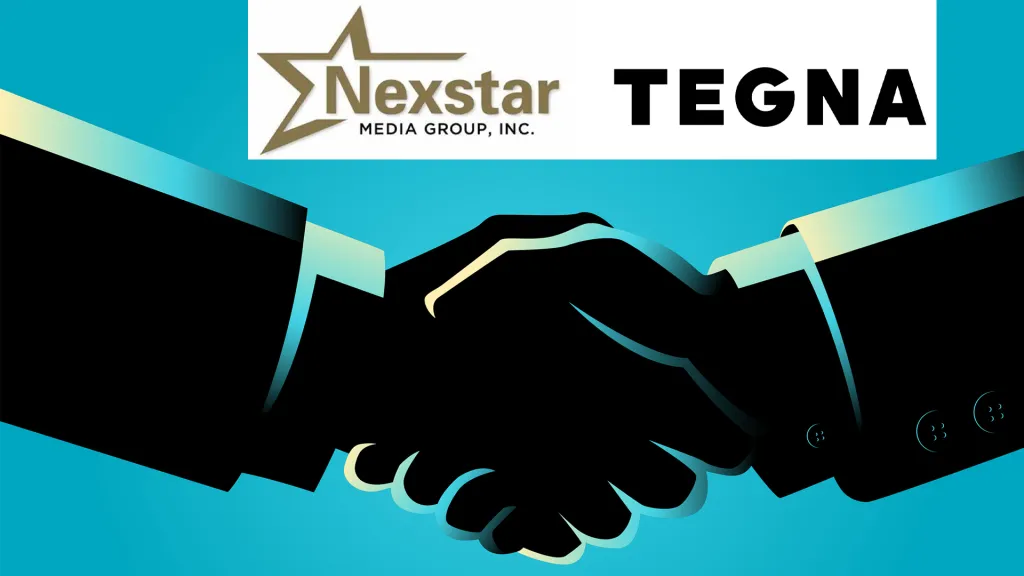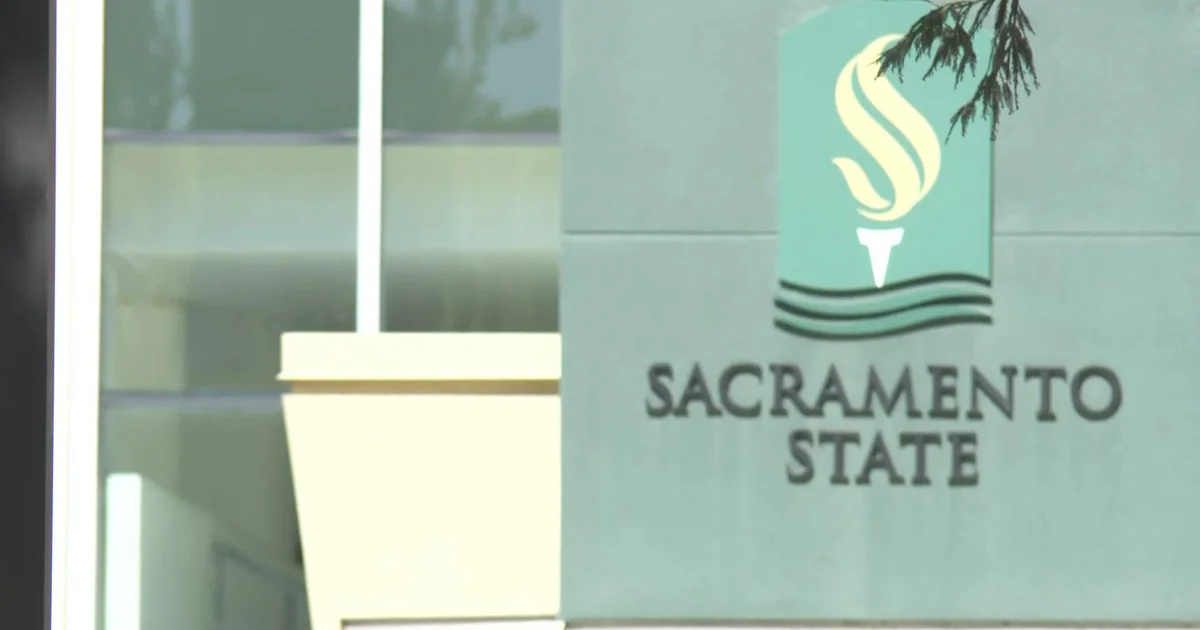Copyright Deadline

Nexstar Media Group founder and CEO Perry Sook says the local TV giant is “making good progress” toward closing its proposed acquisition of rival Tegna on schedule by the second half of 2026. The $6.2 billion would make Nexstar the “poster company” for a transformed local broadcast sector, Sook acknowledged during the company’s third-quarter earnings call. Given that the combined entity would have TV stations reaching 80% of the U.S. – more than double the current federal limit of 39% for a single owner – company founder and CEO Perry Sook was asked about the fate of the rest of the industry if and when the mega-deal closes. “A good, strong industry needs to have good, strong companies comprising it,” Sook said. “We think that we will be the poster company for not only what the future of the industry will look like, but also with the strength of our balance sheet management team, financial profile, and the amount of local content that we deliver as well as leading on innovation for the industry.” Sook’s comments followed Nexstar’s report of quarterly results, which were marred by the absence of political advertising compared with the same quarter in 2024. Revenue in the period ended September 30 totaled $1.2 billion, down 12% from the year-earlier period. Earnings per share hit $2.14 on a diluted basis, down from $5.63 a year ago and well short of Wall Street analysts’ forecast for $4.51. Nexstar shares tumbled 7% on the earnings report, but they are still up 15% this year to date. “We’re making good progress on our path to closing,” Sook told analysts on the call, and “the pieces are falling into place.” Tegna has filed its proxy statement laying out financials, and will hold a shareholder vote on November 18, he said. Nexstar has been engaged with regulatory agencies, submitting initial paperwork. Sook said his optimism is based on interactions with officials and last summer’s key ruling by the U.S. Court of Appeals for the Eighth Circuit vacating the so-called “top four” ban on owning multiple stations in a single market. The FCC plans to take up a review of the current ownership cap in 2026, though it is unclear whether the agency can unilaterally lift the restriction without the intervention of Congress. The mid-term elections loom large for the Nexstar-Tegna deal. If Democrats were to win back control of the House or Senate, it could muddy the water for the transaction. Sook made sure to praise the Trump Administration and FCC Chairman Brendan Carr for promising deregulatory moves and “allowing businesses to breathe, allowing businesses to compete.” As work continues on the transaction, the exec said, “There is genuine enthusiasm in this building for this acquisition. for the opportunity it creates to grow our business, for the opportunity it creates to make sure that we secure a future for our business.” He added, “All you have to do is look in the news that things going on around us to see why deregulation and further consolidation to preserve local journalism and our industry is necessary.” Nexstar has identified nine markets where an additional station could start producing regular local news where it has not before, Sook said, citing the Dallas market where Nexstar is based as one example. The CW, a controlling stake in which Nexstar acquired in 2022, trimmed its losses in the quarter. It expects to break even in mid-2026, with profitability coming later than the initial projection of three years in part due to sports rights acquisitions. Sports now makes up 40% of programming on the broadcast network, which used to be dominated by young-skewing scripted dramas supplied by its corporate parents. Former 50-50 partners Paramount and Warner Bros. Discovery each retain 12.5% stakes in the network.



